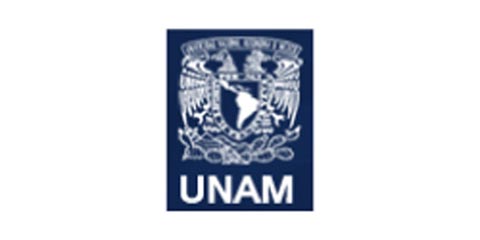Software to identify and quantify pathogenic helminth eggs
2012 - 2018 • National University of Mexico (UNAM)
Purpose
Software to automatically identify and quantify pathogenic helminth eggs in water, wastewater, biosolids and excreta
Activities
Phase 1 & 2: To provide a digital tool for many water survey facilities around the world, so faster and reliable water quality analysis reduce heminthioses among other enteric diseases in many communities worldwide
Phase 3: To develop a distributed system that reliably identifies and quantifies the helminth egg pathogens, resulting in reduction of the complexity and cost of helminth diagnostics
This project has developed an automatic analysis software that performs the identification and quantification of different helminth eggs species, reducing the time and costs of analysis and offering an effective tool to be implemented in several environmental monitoring facilities and laboratories worldwide.
The software needs better coding to increase the speed of image analysis and the resolution of the image is currently fixed, where the preference would be an agnostic resolution. Additionally, this project will explore coupling the imaging with a cartridge system for sample preparation being developed by the University of Ghent, Belgium.
Countries of activity
Location of main activity
Objectives
a) To increase the sensibility of the identification system when dealing with high solids content water (class III or raw wastewater) and establish the protocol for this case.
b) To validate the software to detect and quantify different genera of helminth eggs from samples of different water qualities including wastewater and greywater, and also from sludge, biosolids and excreta samples.
c) To include additional helminth eggs species to the recognition protocol.
d) To validate the system with international partners.
e) To test the system with Mexican partner labs which are certified in the standard technique to start local distribution.
f) To obtain a patent for the system.
g) To launch a worldwide distribution strategy.
h) To develop an easy-to-use platform of the software and the distribution strategy to reach the final users.
i) To test the last version and establish the distribution strategy.
Further information
Research or implementation partners: Fernando Arámbula, Ph.D. CCADET, UNAM
Filter tags
Bill & Melinda Gates Foundation Global Health and hygiene Latin America & Caribbean Practitioners University, education or research institution
Links

Uploaded by:
Trevor Surridge (tmsinnovation)














